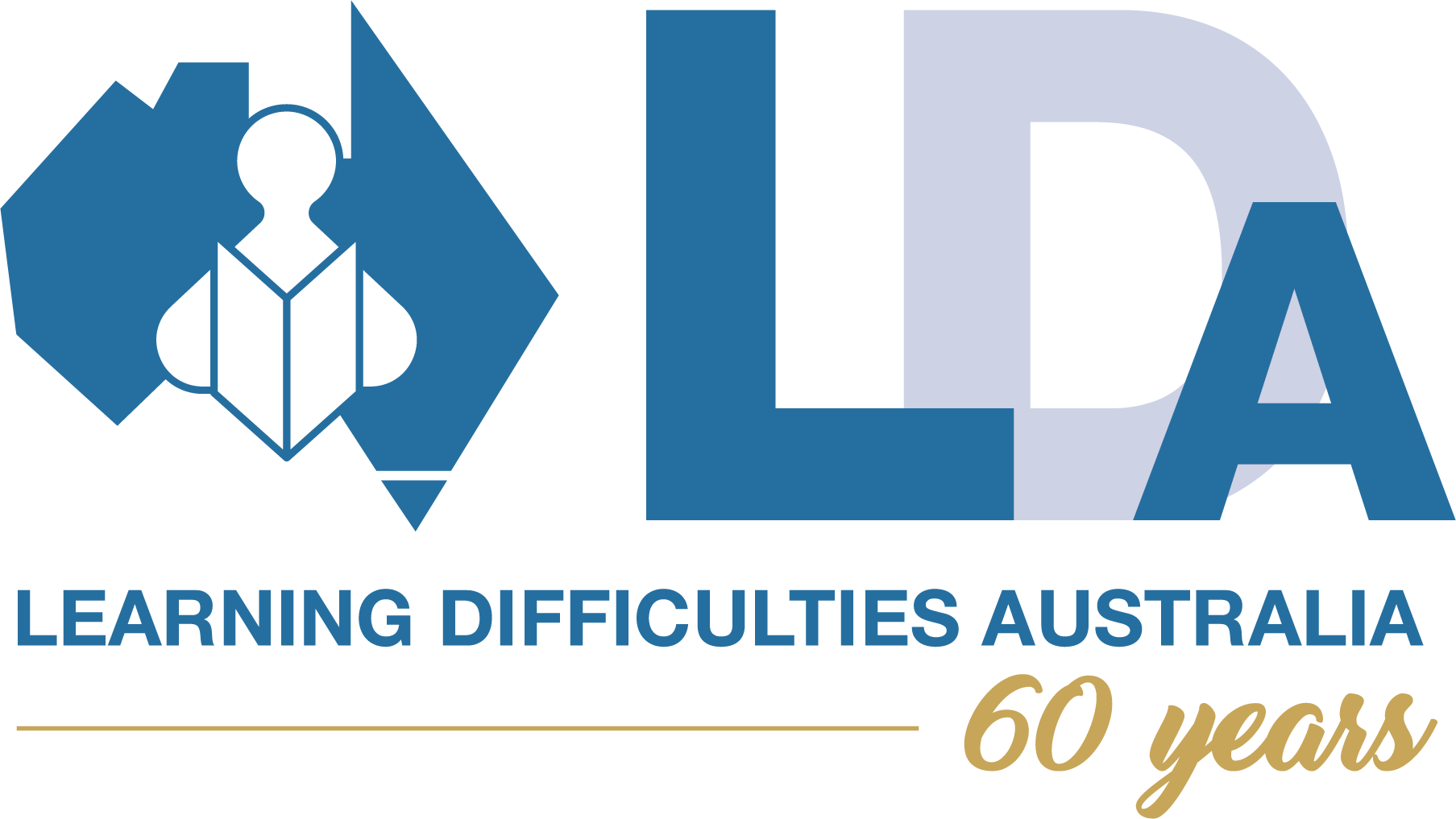Two cases of acquired spelling dyslexia and one case of developmental spelling dyslexia are described along with accounts of...
Two cases of acquired spelling dyslexia and one case of developmental spelling dyslexia are described along with accounts of their performance on various psycholinguistic tasks. It is argued that there is some evidence that spelling dyslexia may exist in...
Two cases of acquired spelling dyslexia and one case of developmental spelling dyslexia are described along with accounts of their performance on various psycholinguistic tasks. It is argued that there is some evidence that spelling dyslexia may exist in developmental form but that parallels are difficult to draw because of the very different histories of child and adult cases. It is also suggested that features of surface dyslexia exist in at least a proportion of spelling dyslexic cases and that this may be influenced by level of premorbid reading skill.
